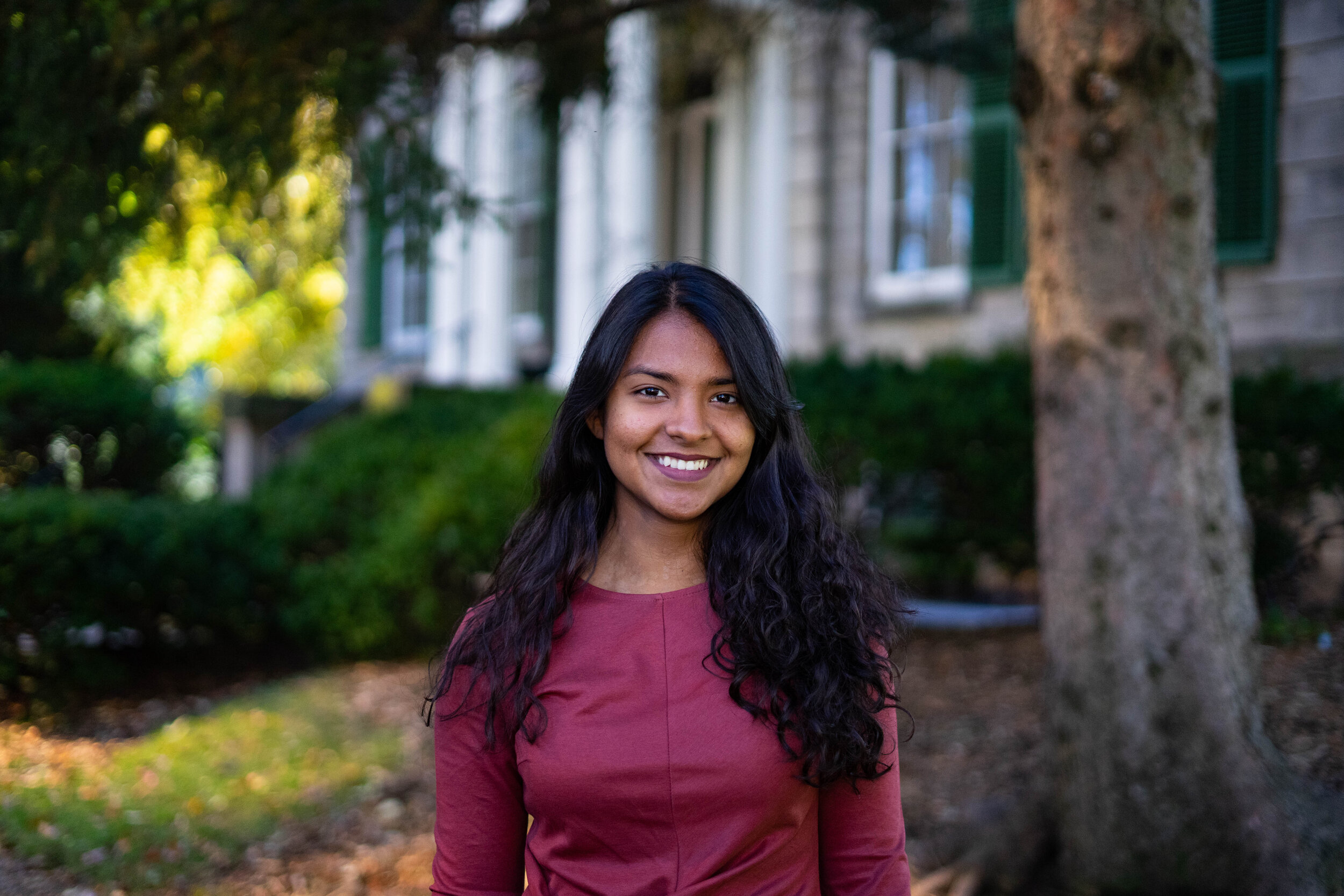My name is Gabriella Christopher and I am a third-year health sciences student at McMaster University. Taking park in the CityLAB semester in Residence has been an extraordinary and eye-opening experience. As an interdisciplinary program, I have had the opportunity to learn from the diverse academic and experiential backgrounds of my peers and instructors while at CityLAB. I have been challenged to think critically about both current systems as well as my own position within society while also feeling empowered to act on my passions and become a more engaged citizen.
While I have gained unique skills from each of the four main components of CityLAB learning: design, dialogue, project work and city operations, have taught me unique skills, I have been able to apply them across the board in different contexts. This demonstrates the interconnections of these different disciplines while emphasizing the value of diverse learning experiences. Firstly, in design, assignments have allowed us to conduct preliminary re-designs and retrofits of underused spaces across the city such as the Main and Longwood Intersection. This has helped me get in touch with my creative side and pushed me to think outside the box while also forcing me to think logically and practically. Learning to balance practicality with imagination is an important skill that applies to all project work. Secondly, in dialogue, we have reflected on systems of privilege and oppression. This not only applies to community engagement work but has also pushed me to be more reflexive in how I act in my daily life. Exercises like PhotoVoice (which uses pictures taken by community members to visually represent their priorities) also taught me dialogue facilitation skills. This has helped me learn how to direct dialogue in a way that balances staying on topic with a natural progression of ideas. Thirdly, in my project, which focused on the City’s cycling infrastructure as it builds towards a Minimum Grid, we learned about how designing for all ages and abilities can improve transportation equity while supporting more sustainable mobility. Lastly, in working with the City of Hamilton, I have learned about the city’s strengths and weaknesses in working towards a set of community identified strategic priorities. For example, in the cycling master plan, prioritization of infrastructure development follows objective scoring based on community need, however, in reality development rarely follows this order. While unfortunate, this often reflects inefficiencies, communication challenges and financial constraints that often create barriers for the city.
Participating in the semester in residence program at CityLAB didn’t just change my perspective on certain city-related topics, it changed how I think entirely. This has broadened my perspective and allowed me to critically reflect on various social, cultural, political and economic challenges applicable in our world right now. CityLAB is a great opportunity to apply your learning while having an impact on the incredible communities we are a part of in Hamilton.




















